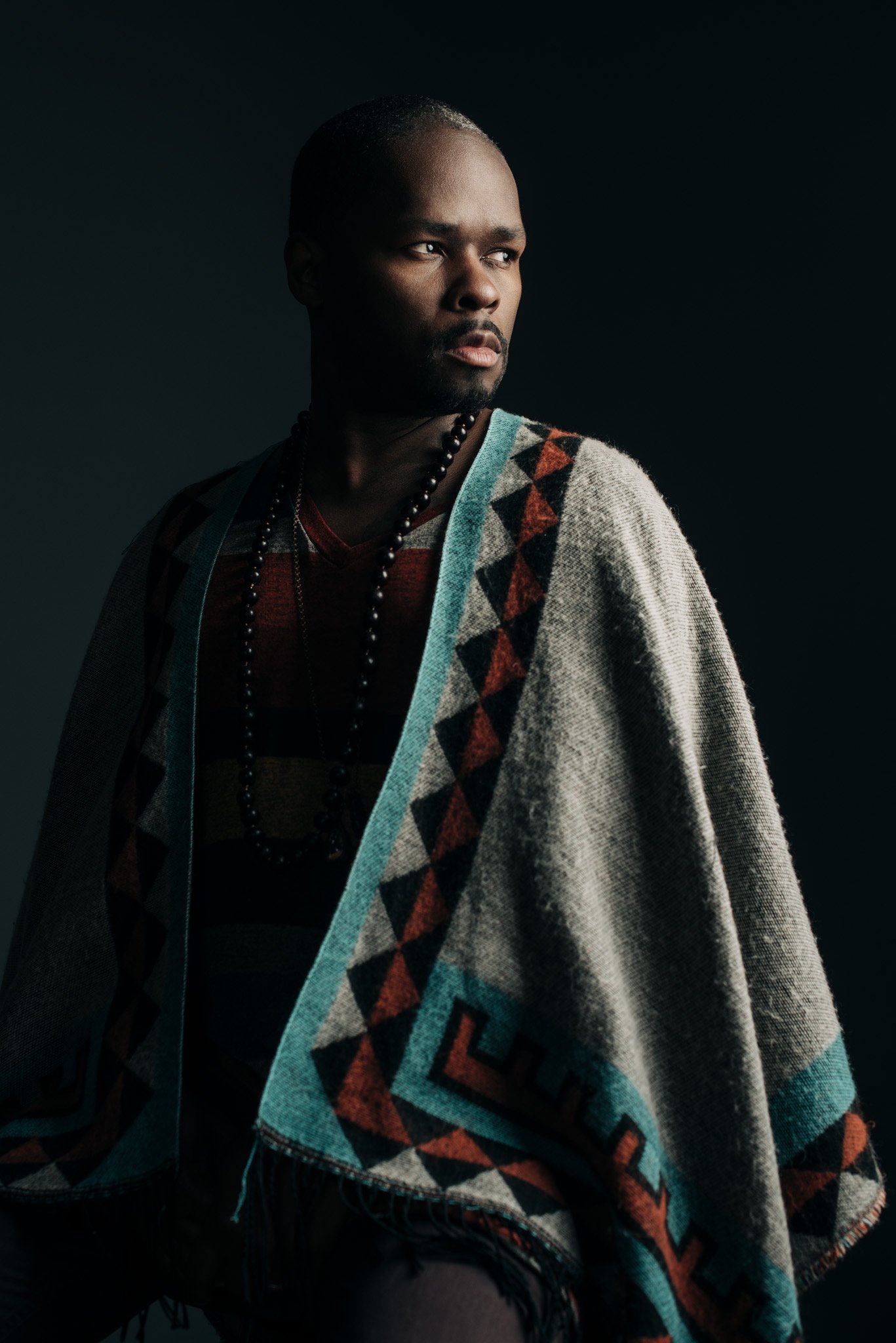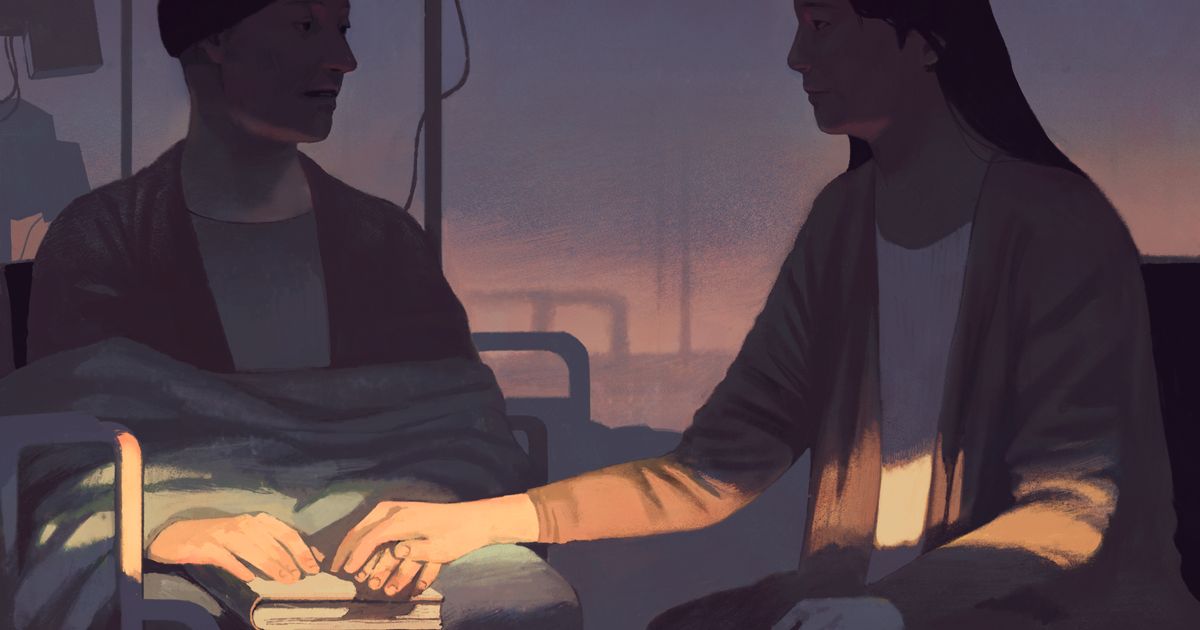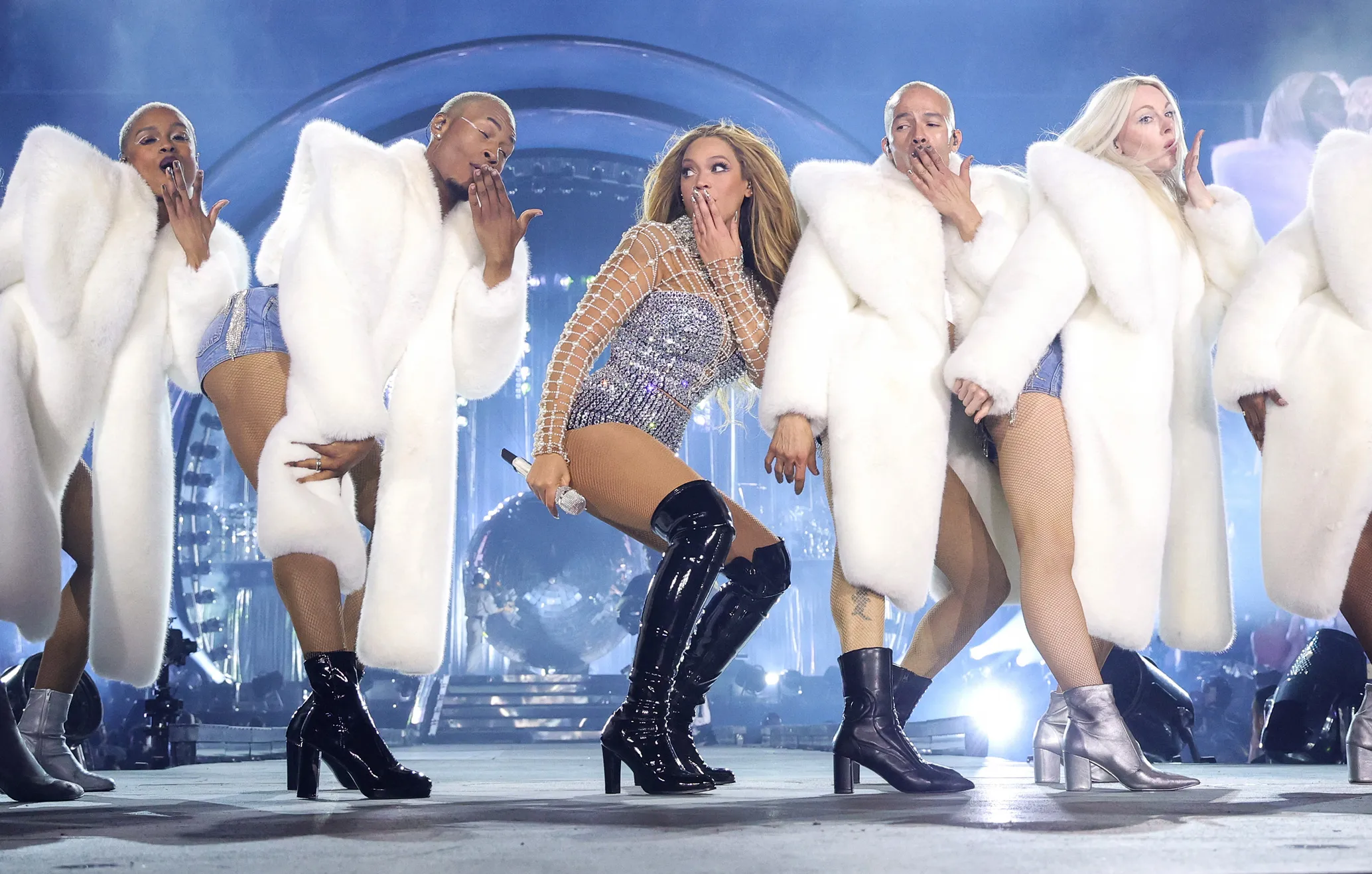What Can We Learn About Death From End-Of-Life Doulas?
Imagine having someone by your side supporting you through the end of your life just like a birth doula supports parents welcoming a new child into the world. These special individuals are called end-of-life doulas and they see their work as parallel to that of birth doulas. But what exactly can we learn from these compassionate professionals about the art of dying?
HuffPost Life had the opportunity to speak with several end-of-life doulas about their work and the lessons they have learned while providing support to the dying and their grieving families. These doulas believe in the importance of normalizing grief and assuring individuals that their responses to loss are completely normal. Garrett Ellis one of the doulas explains that "people desire to be seen and heard while they’re experiencing those feelings." In a culture where death is often avoided these doulas help individuals embrace their emotions and validate their grief.
Another crucial aspect of their work is providing a stable presence for those who are terminally ill or grieving. When someone is facing the end of their life they often feel a loss of control. End-of-life doulas offer their steady support providing comfort and a detached perspective to help navigate this difficult journey. They strive to meet the unique desires and needs of each individual without imposing any personal agenda.
The idea of a "good death" may vary greatly from person to person. Some may choose not to have a traditional funeral or memorial service while others prefer a more intimate setting for their final moments. End-of-life doulas understand and respect these different wishes ensuring that each person's journey is honored with dignity and respect.
To family members grappling with the imminent loss of a loved one these doulas offer comforting advice. They emphasize the importance of being present and experiencing the loss as a son or daughter rather than getting caught up in the responsibilities of being a care manager or social worker. They encourage family members to engage with their intense feelings and seek outside support allowing them to process their grief and lighten the load.

Doulas also believe that assigning meaning to death is a deeply personal journey. In his book "The Sixth Stage of Grief" David Kessler discusses how individuals have the right to attribute whatever meaning they choose to a death experience. This process of finding personal motivation and healing can be instrumental in moving forward during the grieving process.
Dawn Betts an end-of-life doula stresses the importance of having an end-of-life plan. Drawing from her personal experiences including her father's passing she encourages individuals to have conversations about end-of-life wishes ahead of time. By normalizing discussions around death Betts believes that families can better navigate the complexities and uncertainties that arise during a crisis.
Karen Bellone another end-of-life doula describes her role as a compassionate presence during the final part of a person's lifetime. She provides comfort and support for emotional psychological and spiritual concerns. Bellone emphasizes the importance of listening without judgment and helping individuals honor their lives and find meaning and significance in their experiences. She also assists in creating commemorations or legacies such as videos or collages that bring comfort and remembrance.
The work of end-of-life doulas sheds light on death an often taboo topic in our society. Through their compassion and expertise they empower individuals to embrace their emotions normalize their grief and find peace amidst the complexities of life's final journey. By recognizing the profound impact these doulas have on the dying and their families we can strive to provide support and understanding during one of life's most challenging times.






